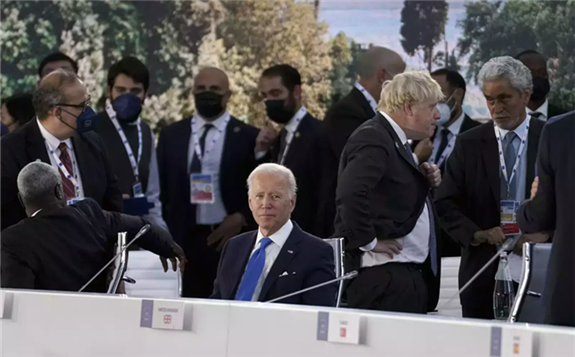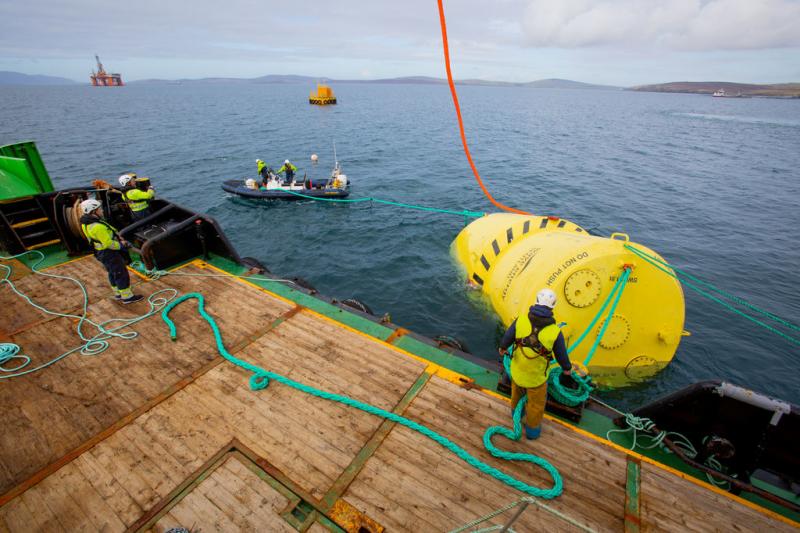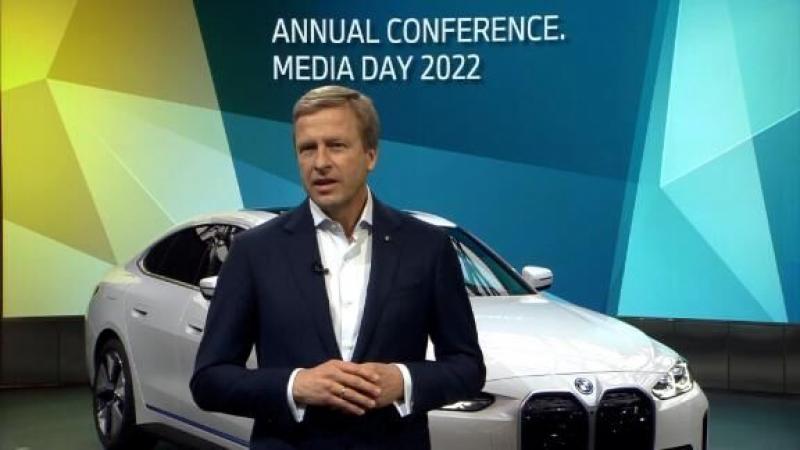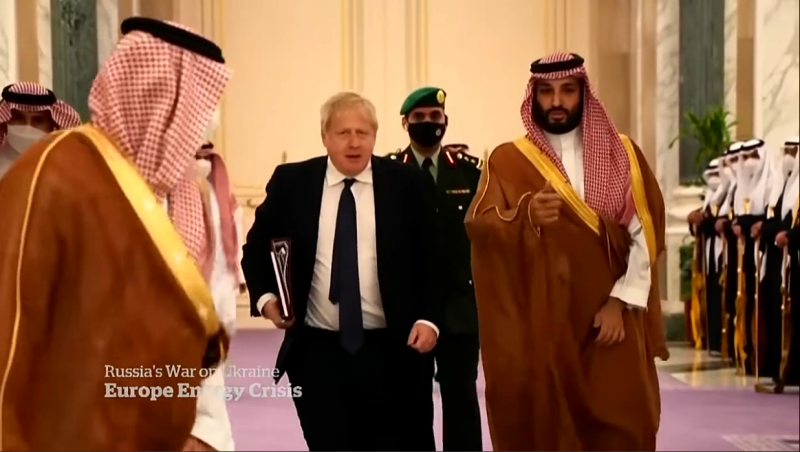Britain's Prince Charles urged leaders of the world's biggest economies on Sunday to put words into action as they tackled the global climate change crisis on the final day of a weekend summit that is setting the tone for an even bigger U.N. climate conference opening in Glasgow, Scotland.
 U.S. President Joe Biden, center, looks on ahead of the opening session of the G .. Read more at: https://energy.economictimes.indiatimes.com/news/renewable/g-20-leaders-tackle-climate-change-as-summit-ends/87431311
U.S. President Joe Biden, center, looks on ahead of the opening session of the G .. Read more at: https://energy.economictimes.indiatimes.com/news/renewable/g-20-leaders-tackle-climate-change-as-summit-ends/87431311
Warning that "it is quite literally the last-chance saloon," Charles told the Group of 20 leaders that public-private partnerships were the only way to achieve the trillions of dollars in annual investment needed to transition to clean, sustainable energy sources that will mitigate the warming of global temperatures.
"It is impossible not to hear the despairing voices of young people who see you as the stewards of the planet, holding the viability of their future in your hands," Charles told the presidents and prime ministers gathered in Rome.
The Group of 20 countries, which represent more than three-quarters of the world's greenhouse gas emissions, are looking for common ground on how to reduce emissions while helping poor countries deal with the impact of rising temperatures. Diplomats said negotiators, known as "sherpas," worked through the night to try to come up with solid commitments on emissions in a final statement to be released later Sunday.
If the G-20 summit ends with only weak commitments, for the larger annual talks in Glasgow, where countries from around the globe will be represented including poor ones most vulnerable to rising seas, desertification and other effects.
The future of coal, a key source of greenhouse gas emissions, has been one of the hardest things for the G-20 to agree on. However, the U.S. and other countries are hoping to get a commitment to end overseas financing of coal-firedpower generation, said a senior U.S. official who spoke on condition of anonymity to preview President Joe Biden's plans.
Western countries have moved away from financing coal projects in developing countries, and major Asian economies are now doing the same: Chinese President Xi Jinping announced at the U.N. General Assembly last month that Beijing would stop funding such projects, and Japan and South Korea made similar commitments earlier in the year.







